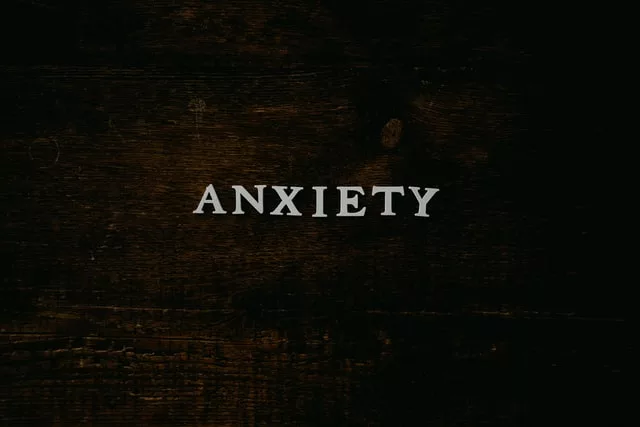Anxiety is a common mental health condition that affects millions of individuals worldwide. It’s a natural response to stress, triggering feelings of worry, fear, and nervousness. While occasional anxiety is a normal part of life, experiencing persistent and excessive worry that interferes with daily activities might indicate an anxiety disorder. Recognizing the symptoms of anxiety is crucial in seeking proper support and managing this condition effectively.
1. Physical Symptoms:
Anxiety often manifests physically, impacting the body in various ways. Common physical symptoms include:
- Rapid Heartbeat: An increased heart rate, palpitations, or sensations of a pounding heart are frequent signs of anxiety. This can lead to chest tightness or discomfort.
- Difficulty Breathing: Shortness of breath, hyperventilation, or a feeling of choking can occur during anxiety episodes, contributing to a sense of panic.
- Muscle Tension: Anxiety often leads to muscle tension or tightness, particularly in the neck, shoulders, and jaw. This may result in headaches or overall bodily discomfort.
- Gastrointestinal Distress: Stomachaches, nausea, diarrhea, or other digestive issues can arise due to heightened anxiety levels.
Since symptoms of anxiety can also overlap with symptoms of somatic illness, it is also essential to discuss them with a medical professional.
2. Emotional and Psychological Symptoms:
Anxiety significantly impacts emotions and mental well-being, causing:
- Excessive Worry: Constant, uncontrollable worry about everyday situations or specific events, often accompanied by a sense of impending doom.
- Irritability: Feeling easily agitated, irritable, or on edge, even in situations that wouldn’t typically provoke such reactions.
- Difficulty Concentrating: An inability to focus, racing thoughts, or feeling mentally scattered can be prevalent during anxious periods.
- Sleep Disturbances: Difficulty falling asleep, staying asleep, or experiencing restless, unsatisfying sleep due to anxious thoughts or nightmares.
3. Behavioral Symptoms:
Anxiety can influence behavior, leading to certain actions or habits:
- Avoidance: A tendency to avoid situations or places that trigger anxiety, which can limit activities and social interactions.
- Nervous Habits: Nail-biting, pacing, fidgeting, or other repetitive behaviors that serve as coping mechanisms during anxious moments.
- Seeking Reassurance: Constantly seeking reassurance from others or repeatedly checking things due to overwhelming anxiety or doubt.
4. Cognitive Symptoms:
Anxiety profoundly affects thoughts and cognitive processes, resulting in:
- Overthinking: Persistent and intrusive thoughts that focus on potential threats, worst-case scenarios, or negative outcomes.
- Catastrophizing: Magnifying the severity of situations or foreseeing catastrophic consequences, even when the actual risk is low.
- Difficulty Relaxing: Finding it challenging to relax or let go of worries, leading to a constant state of tension and restlessness.
Seeking Support:
Recognizing these symptoms is the first step toward managing anxiety. If these signs persist and significantly impact daily life, seeking professional help from a mental health provider or counselor is crucial. Therapy, medication, lifestyle changes, and relaxation techniques can all play vital roles in managing and alleviating anxiety symptoms.
Conclusion:
Anxiety manifests in various ways, affecting both the mind and body. Understanding the diverse symptoms of anxiety is essential in seeking appropriate support and developing effective coping strategies. By recognizing these signs early, individuals can take proactive steps toward managing their anxiety and improving their overall well-being.
Remember, reaching out for help is a sign of strength, and support is available for those navigating the challenges of anxiety.

